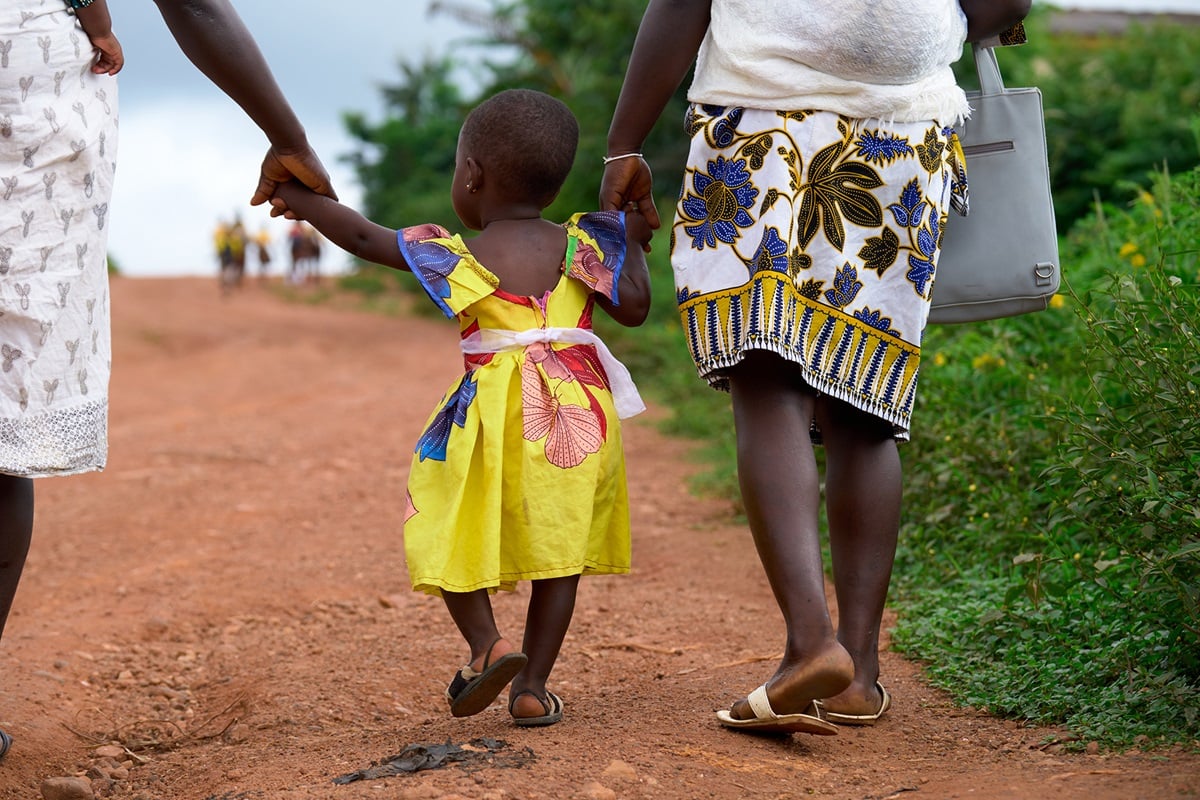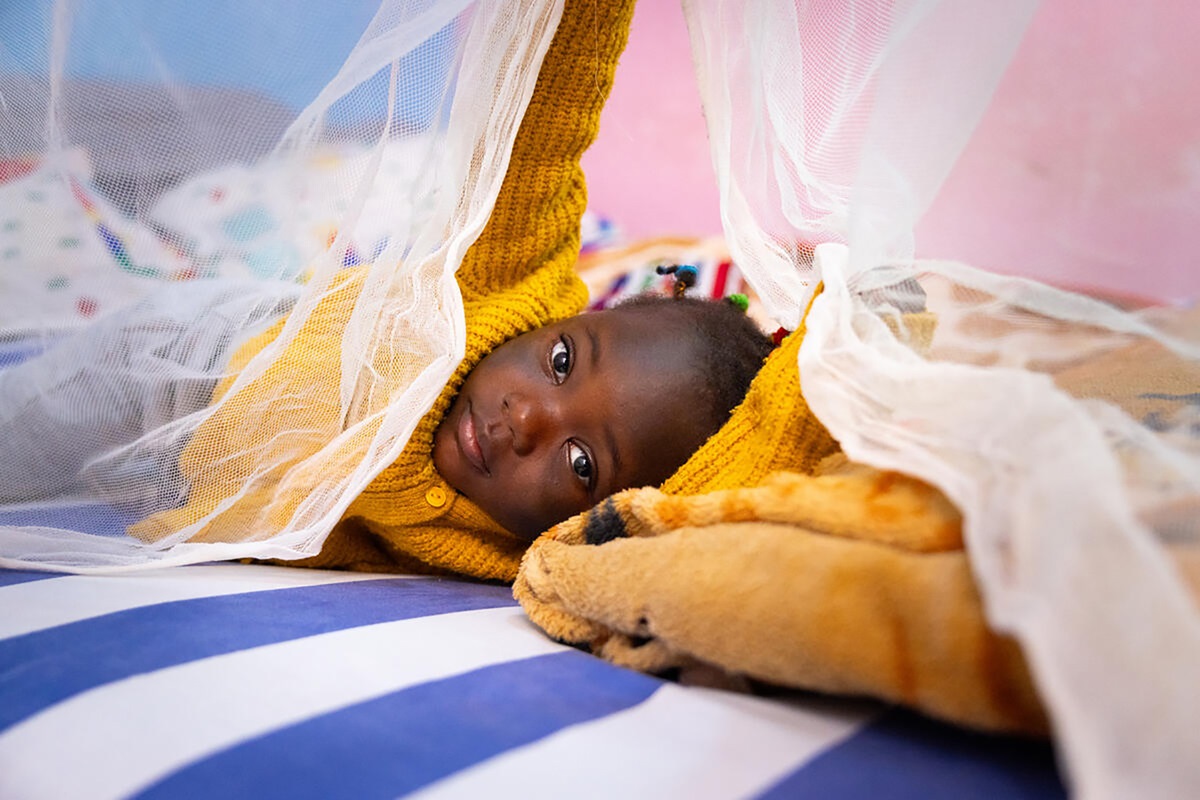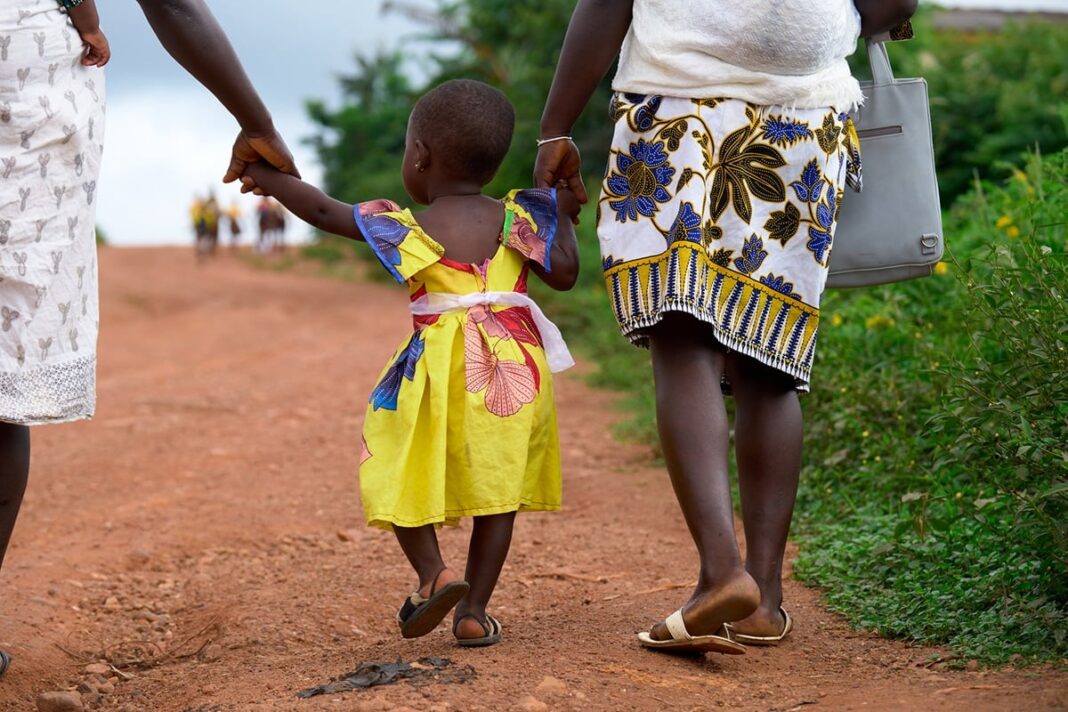## Can We End Malaria by 2030?
The chilling whisper of mosquitos, the fever that burns, the constant fear – malaria continues to plague millions worldwide, claiming lives and shattering dreams. But on April 25th, 2025, World Malaria Day will sound a rallying cry: “Malaria Ends with Us: Reinvest, Reimagine, Reignite.” The World Health Organization (WHO) is calling for a renewed global commitment, a paradigm shift in our fight against this ancient enemy.

Challenges and Threats
The Ongoing Battle in Africa

The African Region bears the disproportionate impact of malaria, with an estimated 95% of the global malaria burden. Fragile health systems and limited resources exacerbate the challenges, making it difficult to effectively control the disease.
The region’s fragile health systems often struggle to provide adequate care, leading to delays in diagnosis and treatment. Limited resources also hinder the availability of essential medicines, diagnostic tools, and healthcare personnel.
The Threats to Progress
Funding cuts and disruptions to malaria services pose significant threats to the progress made in controlling the disease. The risk of funding cuts is particularly concerning, as it could hinder the ability of endemic countries to maintain and scale up their malaria control efforts.
Climate change, conflict, and poverty also contribute to the ongoing challenges in malaria control. Rising temperatures and changing weather patterns can increase the spread of mosquitoes and disease transmission, while conflict and displacement can disrupt healthcare services and increase vulnerability.
Moreover, the root causes of malaria, such as poverty and lack of access to healthcare, must be addressed through sustainable development. This requires a comprehensive approach that involves governments, international organizations, and local communities.
Addressing the Current Challenges
The need for stepped-up political and financial commitment to protect gains is critical. This requires a renewed focus on malaria control, with increased investments in primary healthcare, diagnostic tools, and antimalarial medicines.
Addressing the root causes of malaria through sustainable development is also essential. This involves addressing poverty, improving access to healthcare, and promoting community engagement and participation in malaria control efforts.
The Way Forward
Reinventing Malaria Control
The need for a reimagined response to malaria control is clear. This requires innovative tools, strategies, and partnerships to address the ongoing challenges and threats.
Community engagement and participation are critical components of a reimagined response. This involves working closely with local communities to develop context-specific interventions that address their unique needs and challenges.
Reinvesting in Malaria Control
Reinvesting in malaria control is essential to protect the gains made to date. This requires a renewed focus on domestic spending, particularly in primary healthcare, and international cooperation to ensure that endemic countries have the resources they need to control the disease.
New funding mechanisms and partnerships are also needed to support malaria control efforts. This could involve innovative financing mechanisms, such as impact investing, and partnerships with the private sector and civil society organizations.
Reigniting the Momentum
The theme “Malaria ends with us: reinvest, reimagines, reignite” is a call to action to reignite the momentum in the fight against malaria. It is a reminder that the disease can be defeated, but only with sustained political and financial commitment.
On World Malaria Day 2025, WHO joins partners and civil society in calling for a renewed call to action to accelerate progress towards malaria elimination. This requires a collective effort from governments, international organizations, and local communities to protect the hard-won gains against malaria and move closer to a malaria-free world.
Conclusion
As we commemorate World Malaria Day 2025, the World Health Organization’s clarion call to “Reinvest, Reimagine, Reignite” resonates louder than ever. Through this article, we have delved into the complexities of malaria, a disease that claims hundreds of thousands of lives annually, predominantly in Africa. We have discussed the stagnation in global progress, the need for innovative solutions, and the critical role of increased investment in research, surveillance, and community engagement.
The significance of this fight cannot be overstated. Malaria is not only a health crisis but also an economic and social burden that perpetuates poverty and inequality. As we stand at the threshold of a new era in malaria elimination, it is imperative that we acknowledge the progress made thus far and the challenges that lie ahead. The implications of inaction are dire, but the possibilities of collective action are limitless. By reigniting our commitment to ending malaria, we can unlock a brighter future for generations to come, where children can grow up free from the fear of this preventable disease.
As we look to the future, let us remember that the war against malaria is not just a healthcare imperative but a moral obligation. It is a testament to our collective humanity and our resolve to protect the most vulnerable among us. Let us heed the WHO’s call to action and join forces to create a world where no child dies from a mosquito bite. Let us reimagine a future where malaria is a relic of the past, and every individual has the opportunity to thrive. As we stand together, united in this fight, let us declare with conviction: Malaria ends with us, and a brighter tomorrow begins now.
